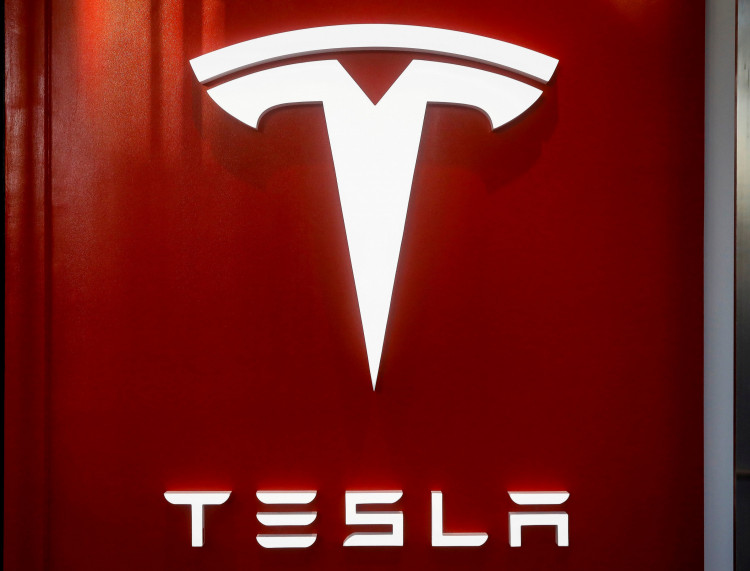The U.S. National Highway Traffic Safety Administration said it is investigating 416,000 Tesla vehicles after receiving hundreds of complaints of unexpected braking.
The probe covers all Tesla Model 3 and Model Y cars released in 2021 and 2022.
The NHTSA said the vehicles under review feature an advanced driver assistance system that Tesla calls Autopilot which allows them to brake and steer automatically within its lanes.
The NHTSA did not say whether it was aware of any collisions, injuries, or fatalities associated with the issue.
One customer who filed a complaint with the NHTSA said that their new Tesla, which lacks a radar system, has more "phantom" braking troubles than their prior Tesla, which did have radar.
The new Model Y with vision only is "unreliable and dangerous," the complainant said.
The problem may be traced back to the controversial ruling in 2021 by Tesla to remove radar sensors from new Model 3 and Model Y vehicles.
The decision came after Tesla CEO Elon Musk publicly expressed a desire to rely exclusively on cameras to power the company's advanced driver assistance technology.
Tesla has drawn scrutiny from safety advocates and regulators for its willingness to allow its customers to test what is essentially an unfinished version of a product that Musk has long promised will lead to fully driverless cars on the road.
Following a number of collisions between Tesla models and emergency vehicles, the NHTSA launched a formal safety investigation of Tesla's Autopilot technology in 765,000 U.S. vehicles in August.
Tesla was required to publish an operating system upgrade earlier this week in order to deactivate an FSD feature that permits vehicles to perform a "rolling stop" - a maneuver in which the vehicle drives slowly through a stop sign without coming to a complete stop.
FSD is an advanced driver assistance system that handles some driving tasks but Tesla and NHTSA said it does not make vehicles autonomous.
The NHTSA's investigation is technically an "initital evaluation," which can be a precursor to an auto manufacturer issuing a recall.
The agency had launched a preliminary evaluation into Tesla's Boombox feature last fall before the company issued a safety recall in January this year.
Tesla has issued 10 recalls since October on a range of problems, from a defective trunk latching mechanism to a faulty windshield defroster.
The company is also under investigation for nearly a dozen incidents involving vehicles crashing into stationary emergency vehicles while using Autopilot.






